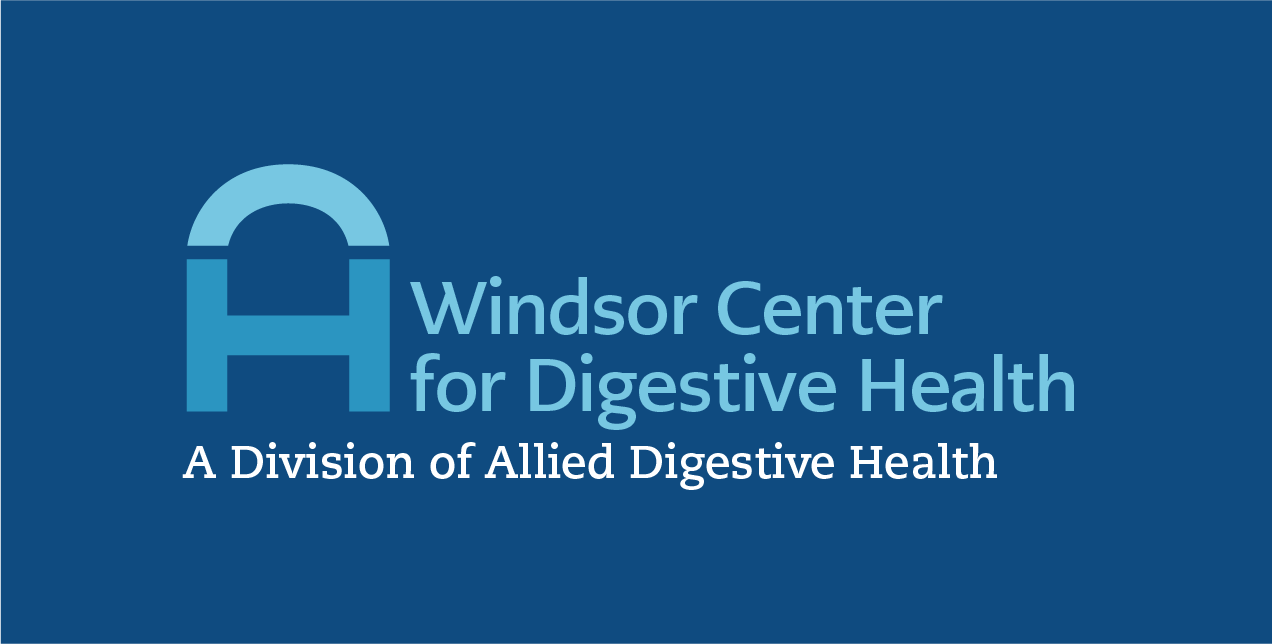Digestive Issues Caused by Alcohol

- January 4, 2024
Digestive Issues Caused by Alcohol
Alcohol has been around for ages, and as such, it has become a staple in many cultures and societies. For some people, alcohol is a way to relax after a long day or to celebrate special occasions. However, excessive alcohol consumption can lead to various digestive issues.
How Can Alcohol Damage the Digestive System?
Alcohol can wreak havoc on the digestive tract in numerous ways. It can alter the structure and function of the gastrointestinal tract, leading to discomfort and various health issues. This includes inflammation of the intestinal lining, impaired nutrient absorption, and an increased cancer risk.
Alcohol can also disrupt the balance of the gut microbiota, potentially leading to conditions like leaky gut syndrome and chronic inflammation. Furthermore, excessive alcohol consumption can cause liver damage, a significant concern as the liver plays a crucial role in digestion and overall metabolic health.
What Digestive Disorders Are Caused by Alcohol?
Alcohol consumption can lead to several digestive disorders. Among the most common are gastritis and pancreatitis, both inflammations of the stomach lining and pancreas, respectively, often resulting from excessive drinking. Alcohol can also cause Gastroesophageal Reflux Disease (GERD), a severe form of acid reflux where stomach acid flows back into the esophagus, leading to heartburn and potential damage to the esophageal lining.
Prolonged alcohol misuse can lead to liver diseases like alcoholic hepatitis, cirrhosis, and even liver cancer. Furthermore, alcohol can exacerbate Irritable Bowel Syndrome (IBS) and Crohn’s disease, leading to an increased frequency of symptoms. In the most severe cases, chronic alcohol consumption can lead to esophageal or stomach cancer.
Potential Risks of Long-Term Excessive Alcohol Consumption
Long-term excessive alcohol consumption can significantly increase the risk of developing severe health problems. Beyond just digestive issues, it can lead to serious systemic complications. This includes cardiovascular diseases such as high blood pressure, heart failure, and stroke.
Neurological problems, including dementia, memory loss, and neuropathy, are also potential risks. Alcohol abuse can also lead to mental health disorders such as depression and anxiety. There are also risks of developing various types of cancers, including mouth, throat, larynx, liver, colon, small intestine, and breast cancer.
Lastly, alcohol can affect the immune system, making people who drink more prone to infections. These risks highlight the importance of moderating alcohol consumption and seeking professional help if struggling with alcohol addiction.
Alcohol’s Impact on the Mouth and Esophagus
Drinking large amounts of alcohol can lead to severe damage to the oral cavity and esophagus. Alcohol is a known risk factor for oral diseases, including oral cancer, gum disease, and tooth decay. Its corrosive effect can wear away the enamel, protecting our teeth and making them more susceptible to decay and sensitivity.
Furthermore, alcohol can lead to dry mouth, which supports bacterial growth and plaque formation. Chronic alcohol consumption also increases the risk of developing esophageal cancer, one of the deadliest forms of cancer with a notably low survival rate. Alcohol can irritate and damage the esophageal lining, leading to conditions like GERD and Barrett’s esophagus, a precancerous condition characterized by abnormal changes in the cells of the lower esophagus. These factors underline the importance of considering the oral and esophageal implications when consuming alcohol.
Ways to Reduce the Risk of Alcohol Damage
There are several practical ways of reducing the risk posed by alcohol to the digestive system and overall health. Firstly, moderation is key. The Centers for Disease Control and Prevention suggests that moderate drinking is up to 1 drink per day for women and up to 2 drinks per day for men. Sticking to these guidelines can help maintain a healthy balance.
Secondly, always try to drink alcohol with food. Consuming alcohol on an empty stomach can speed up absorption and increase its harmful effects. Eating can slow down this process, helping to moderate blood alcohol levels.
Thirdly, avoid binge drinking, which involves consuming a large amount of alcohol in a short period. This pattern of drinking can lead to severe health issues, including alcohol poisoning and liver damage.
Also, regularly taking days off from drinking can help the liver to recover. Aim for at least a couple of alcohol-free days each week to allow the body to rest and repair itself.
Finally, individuals who are struggling with alcohol dependency should seek professional support. Many resources and treatment options are available, including counseling, medication, and support groups. These can be life-saving measures that facilitate recovery and restore health.
When to Talk to Your Doctor
If you suspect that alcohol is causing digestive issues, it’s crucial to consult a healthcare provider. Symptoms such as persistent abdominal pain, nausea, vomiting, diarrhea, or bloody stools warrant immediate medical attention. Regular heartburn or indigestion after drinking alcohol may also be signs of a more severe condition like GERD.
If you notice any changes in your bowel habits or unexplained weight loss, these could suggest a more severe disorder linked to alcohol consumption. Adverse changes in your oral health, like consistently dry mouth, tooth sensitivity, or bleeding gums, may also indicate that alcohol is damaging your oral cavity.
Lastly, if you’re struggling with moderating your alcohol intake or if you believe you might be battling addiction, reaching out to a healthcare provider is an essential step toward getting the help you need. Remember, early detection and intervention can substantially affect treatment outcomes and long-term health.
Footer
© All Rights Reserved


